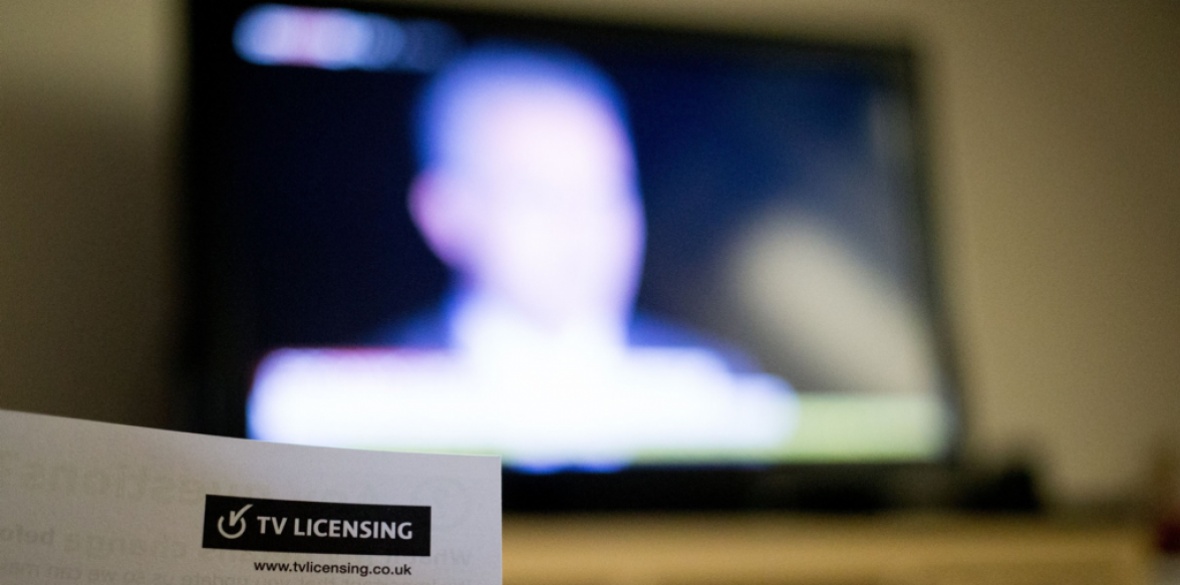This is the last article you can read this month
You can read more article this month
You can read more articles this month
Sorry your limit is up for this month
Reset on:
Please help support the Morning Star by subscribing here
PENSIONERS and unions hit out at the government today after the BBC confirmed that it will go ahead with plans to abolish free television licences for most over-75s.
The corporation had postponed the axing of the universal entitlement because of the coronavirus pandemic, but it announced today that the new means-tested scheme will begin on August 1, when only those over-75s who qualify for pensions credit will get a free licence.
The free TV licence was introduced in 2000, and although the BBC agreed to take on responsibility for funding it as part of a deal reached with the government in 2015, the broadcaster has said that it cannot afford to shoulder the financial burden.
Continuing with the universal scheme would have cost the corporation £745 million, meaning the closure of BBC2, BBC4, the BBC News Channel, BBC Scotland and a number of radio stations, as well as other cuts and reductions.
The broadcaster has launched a voluntary redundancy programme as it seeks to make £125 million in savings this year – on top of its previous £800 million savings target – due to the coronavirus pandemic.
It has also announced job cuts in TV news and local radio in England and said that it was axing more than 150 roles in Scotland, Wales and Northern Ireland.
The corporation also aims to cut around 450 jobs in BBC News at a later date.
National Pensioners Convention general secretary Jan Shortt called the news “absolutely devastating” and blamed the “draconian” measure on the government for passing responsibility for the scheme to the BBC.
She said: “It is a cruel decision for the government to force the BBC to take, particularly while a great many over-75s are still self-isolating and afraid to go out because of the ongoing Covid-19 pandemic.”
Ms Shortt said that the age group relies on TV for information and companionship, so the decision could have a profound impact on elderly people’s health, particularly if there is a second wave of Covid-19.
She added: “The Chancellor is busy handing out money to save businesses, but this government clearly has no concept of how most of our elderly live, and how even those whose income goes just beyond the pension-credit level still struggle daily to make ends meet.”
Philippa Childs, leader of broadcasting union Bectu, said the corporation had been “put in an impossible position” by the government, adding: “The BBC’s role is to inform, educate and entertain the nation, not make welfare or benefit decisions.
“That is the role of government and it is the government who should be administering and funding this benefit.”
National Union of Journalists general secretary Michelle Stanistreet said: “The BBC has taken the only decision possible without inflicting even further harm on the organisation, its staff and its breadth of programming and content.”
Labour shadow culture secretary Jo Stevens said that ministers’ refusal to fund the service after promising to do so was “nothing short of betrayal.”
She pointed out that many over-75s have spent months at home, with the TV providing “an invaluable source of company” during the pandemic.
Commons digital, culture, media and sport committee chairman Julian Knight called the announcement a “body blow to millions” of pensioners during an already difficult time.











